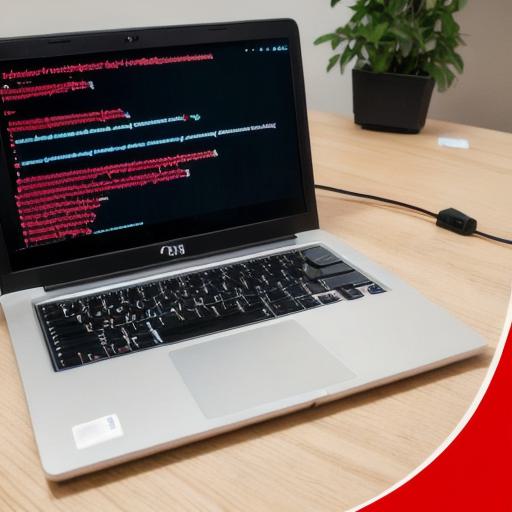Introduction:
Quality Assurance (QA) is a critical aspect of game development that ensures the games are free from bugs, glitches, and other issues that could negatively impact the player experience. Game developer QA jobs require specialized skills and knowledge to effectively identify and fix problems in the game. In this guide, we will explore the qualifications and responsibilities required for game developer QA jobs.
Qualifications:
- Bachelor’s degree: Most game developer QA jobs require a bachelor’s degree in computer science, software engineering, or a related field. This education provides a strong foundation in programming languages, data structures, algorithms, and other technical skills necessary for QA testing.
- Game development experience: While not always required, having some experience with game development can be beneficial in understanding the game’s mechanics and identifying potential issues. It is also important to have knowledge of different game engines and platforms.
- QA testing experience: Prior QA testing experience is highly valuable as it provides knowledge of how to test games effectively and efficiently. This includes knowledge of various types of tests, such as functional, performance, usability, and security tests.
- Problem-solving skills: QA testers must have strong problem-solving skills to identify and analyze bugs, glitches, and other issues that arise during game development. They should be able to think critically and logically to find solutions to complex problems.
- Attention to detail: Game developer QA jobs require a meticulous eye for detail to catch small errors that could have significant impacts on the player experience. This includes testing every aspect of the game, including UI, graphics, sound, and performance.
- Communication skills: QA testers must communicate effectively with team members, stakeholders, and management, providing updates on testing progress and any issues that arise. They should be able to explain technical concepts in a clear and concise manner.
- Time management skills: Game developer QA jobs require good time management skills as they often work under tight deadlines. Testers must prioritize their tasks and manage their time effectively to meet project timelines.
- Adaptability: Game development is a rapidly evolving field, and QA testers must be able to adapt to new technologies, tools, and processes quickly. They should be willing to learn new skills and stay up-to-date with the latest trends in game development.
Responsibilities:
- Testing the game: The primary responsibility of game developer QA testers is to test the game thoroughly, identifying and reporting any issues they find. This includes testing every aspect of the game, including UI, graphics, sound, and performance.
- Writing test cases: Game developer QA testers must write detailed test cases that cover all aspects of the game’s mechanics, including UI, graphics, sound, and performance. They should be able to identify potential issues and create test cases that cover them.
- Bug tracking and prioritization: Once bugs are identified, QA testers must track them and prioritize their resolution based on their severity and impact on the player experience. They should be able to prioritize tasks effectively and work efficiently to resolve issues.

- Collaboration with development teams: Game developer QA testers must work closely with game developers and designers to identify and resolve issues in a timely and efficient manner. They should be able to communicate effectively with team members and provide feedback on the testing process.
- Reporting issues: QA testers must report any issues they find to the development team, including detailed steps to reproduce the issue, expected behavior, and actual behavior. They should be able to communicate issues clearly and concisely.
- Verifying fixes: Once bugs are fixed, QA testers must verify that the fixes resolve the issue and do not introduce any new bugs or issues. They should be able to test fixes thoroughly and ensure that they meet project requirements.
- Maintaining test documentation: Game developer QA testers must maintain detailed test documentation, including test cases, defect reports, and other relevant information. This helps to track progress and ensure that issues are resolved effectively.
- Keeping up with industry standards: QA testers must keep up-to-date with industry standards and best practices for game development and testing. They should be able to apply these standards to their work and provide feedback on how to improve the testing process.
Conclusion:
Game developer QA jobs require specialized skills and knowledge to effectively identify and fix problems in the game. Testers must have a strong foundation in programming languages, data structures, algorithms, and other technical skills necessary for QA testing. They must also possess good problem-solving skills, attention to detail, communication skills, time management skills, adaptability, and maintain test documentation.
By following these qualifications and responsibilities, game developer QA testers can help ensure that games are free from bugs, glitches, and other issues that could negatively impact the player experience. Testers play a critical role in the game development process and are essential to delivering high-quality games that meet project requirements.
